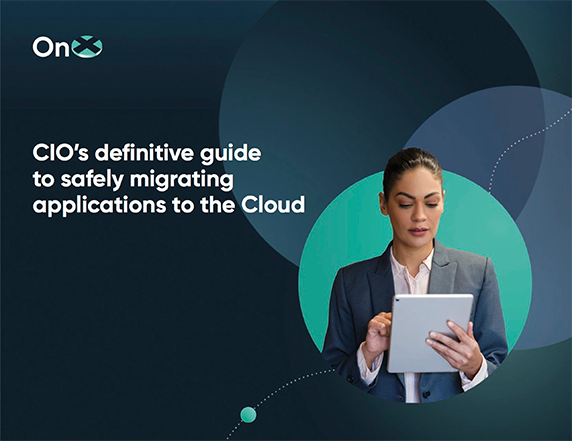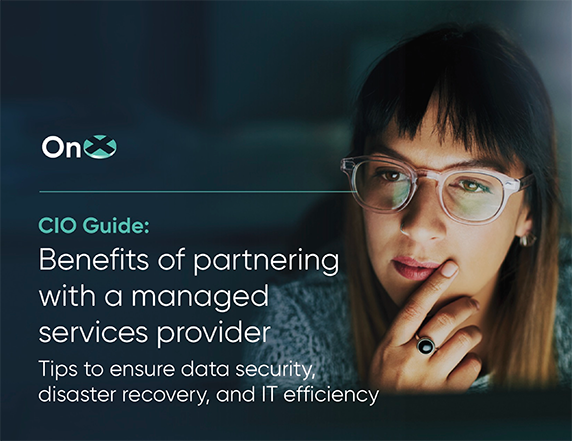
Today just about everyone has a personally owned intelligent device or three that they utilize to access corporate email, applications, and data. These devices have company confidential email, contacts, and data right alongside the user’s personal music, photos, and social networking apps. The industry has called this BYOD (bring your own device) or the “consumerization of Information Technology”. In the past companies provided the hardware for their employees and “locked it down”. They were able to control and secure the devices through strict limitations and management of the hardware and software. For mobile devices many companies opted for the blackberry device and BES software. This provided a secure mobile device experience that allowed for the presentation of email and corporate data but limited the device selection by the individual user.
Personal preferences for Apple IOS, Google Android, and Microsoft Windows-based devices are driving consumer devices into the corporate networks and create device management and data security concerns. Home offices, the desire to have the newest devices on the market, tablets, netbooks, and smartphone preferences all cause a need for organizations to create a “BYOD policy”. Right now, only about 50% of companies have and enforce a personal device policy. Companies that do not have a mobile device management solution and personal device policy leave themselves exposed to loss of data and possible legal exposure. There are some basic requirements to secure the data on these devices. Policies and automation are needed to establish and enforce these basic requirements. Enforcement of passwords, restrictions of applications, remote device wipe, secure application presentation and even mobile device desktop virtualization are measures that can be taken to make personal devices used in business more secure.
Companies can benefit from employees who are funding their own equipment which makes them more effective in their roles. With the right BYOD policies implemented and enforced the employees will feel empowered and more effective while the risk to the business is managed and controlled.
Steve Lankard, CTO-US, OnX
















